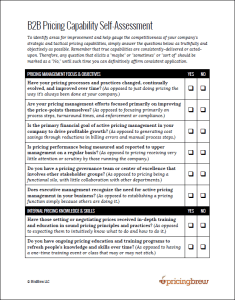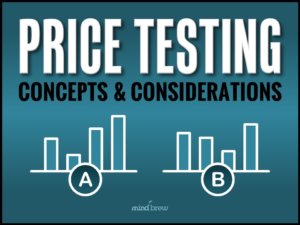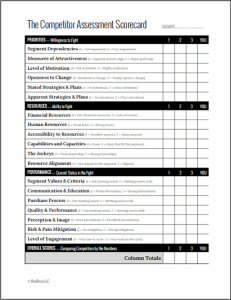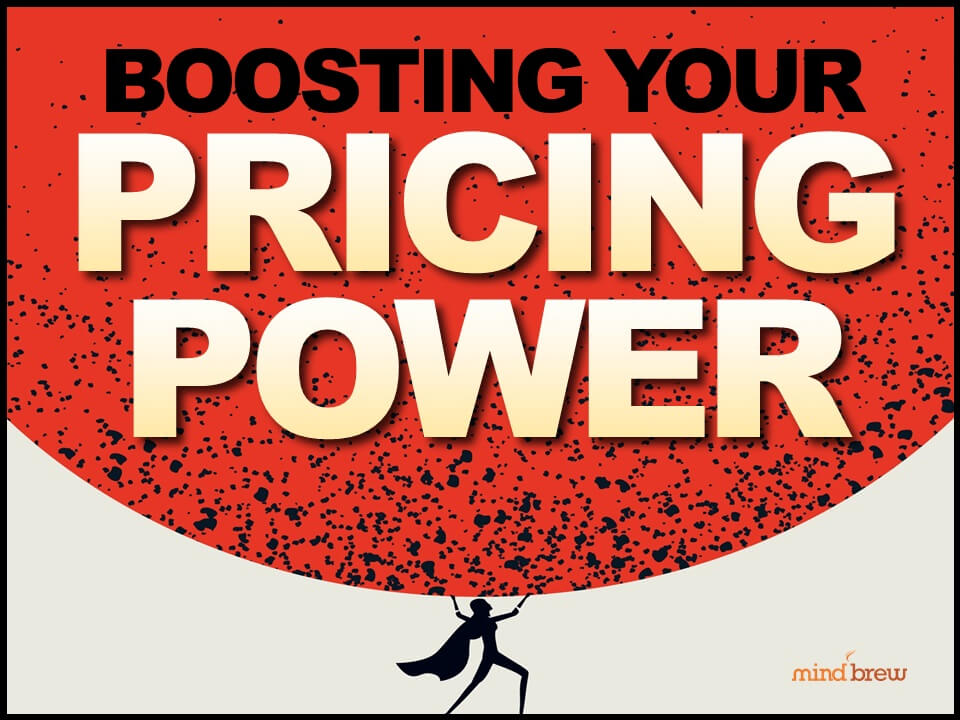As a pricing practitioner, what kind of grade do you deserve? How does your entire pricing team compare to others in your industry?
Back when you were in school, it was pretty easy to tell if you were doing a good job or not. After you handed in a test or paper, it would come back to you with a big red A, B, C, D, or F at the top. You knew exactly where you stood among your classmates based on your grade point average. And once a year or more, you would take a standardized test that allowed you to compare yourself and your school to the rest of the country.
It would be nice if it were that easy to see how well you are doing at your job. But no expert is going to stamp a letter grade on your performance. Sure, your boss will probably give you a review, but that only tells you your boss’s opinion. Figuring out how well you are doing in comparison to pricing teams at other organizations can be next to impossible. B2B pricing is often very secretive because no one wants to give away the “secret sauce” that is giving them a competitive edge. As a result, many pricing practitioners simply carry on assuming that they must be doing OK, right? If not, someone would have said something…
But if you want be part of B2B pricing team that is excelling, it pays to take a little time to examine your strengths and weaknesses and comparing your performance to best practices. PricingBrew has put together a helpful self-assessment tool to help with that process. It asks a series of 52 yes-or-no questions, such as:
- Have your pricing processes and practices changed, continually evolved, and improved over time?
- Do you have ongoing pricing education and training programs to refresh people’s knowledge and skills over time?
- Do you have a segmentation model that’s been specifically developed for pricing purposes?
- Can you accurately predict what will happen to your revenues and margins when you change prices?
- Are the vast majority of your pricing decision based on deep and rigorous analysis?
- Does your sales team have clear guidelines or limits with respect to discounting and concessions?
- Are your internal pricing experts involved in your company’s new product development processes?
It doesn’t take too long to complete the five-page assessment. It’s also very easy to score: the more yeses you have, the better.
If your team hasn’t completed an assessment like this one recently, we would encourage you to spend some time doing so. If you are honest in your answers, you’ll identify places where your team has room for improvement. This tool can also serve as a quarterly or annual guide for your team’s focus and goals. And if you use it wisely, you’ll find that over time your team is doing a better job of helping your organization succeed.












